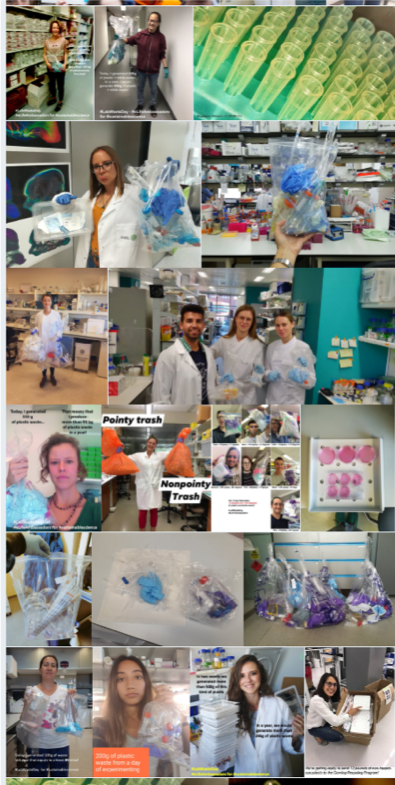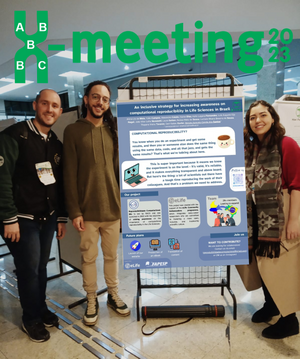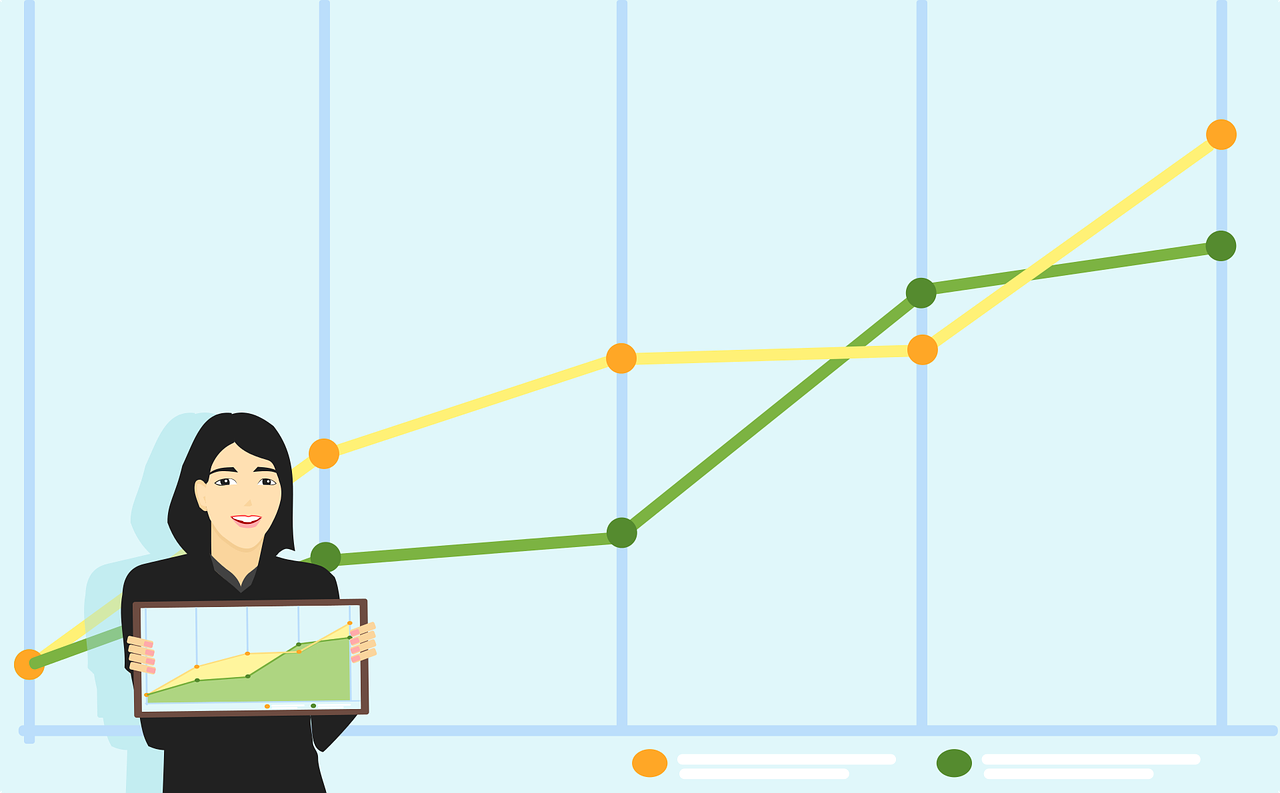The Environmental Sustainability Initiative aims to promote environmentally sustainable behaviours in science, by raising awareness about the relevant issues and potential solutions.
Thus far, we have released our first blogpost and we have raised awareness about the use of single-use plastics in the lab, via the #LabWasteDay social media campaign. This was extremely successful, with @b.benedict’s Tweet being viewed over 40,000 times. We have also created a Slack group to liaise with members of the general scientific community on environmental matters (get in touch if you’d like to join it).
We have also been working to develop flyers, a card game and other promotional materials to provide scientists with tips on how they can reduce their impact on the environment while they continue to do their science, some of which should be released by end 2019.
We are working with supply companies to figure out the extent of take-back programmes and to share any environmentally sustainable measures with fellow scientists, for them to make an informed decision when choosing a supplier.
More blogpost articles are also lined up – these will showacase specific institutions and sustainability committees, and the good work that they do.
We welcome any help for the creation of the various promotional materials, and any other ideas related to the topic.
Members involved in this initiative:
Samantha Seah, Arpita Kulkarni, Anzela Niraula, Bente Benedict, Francesco Baschieri, Galina Limorenko, Julie Teresa Shapiro, Lotte de Winde, Melanie Krause, Mischa Olson, Nele Haelterman, Nicholas Asby, Paraskevi Kritsiligkou, Rita Mateus,Sarah Hainer, Sarvenaz Sarabipour, Stephane McKenna, Sveta Chakrabarti






